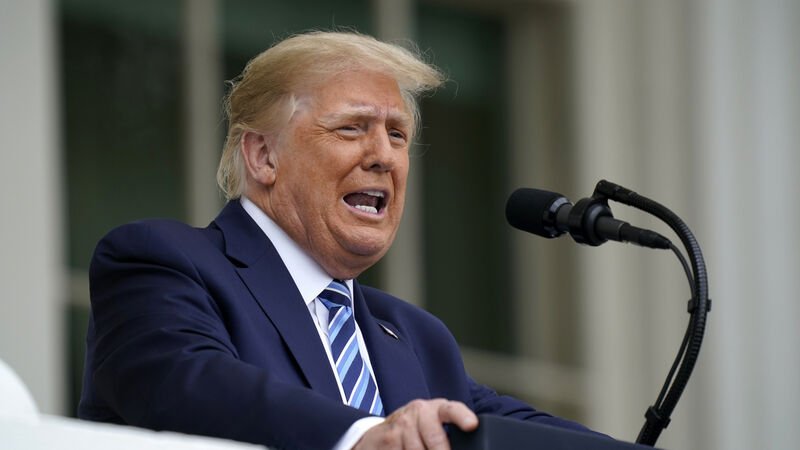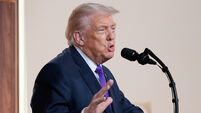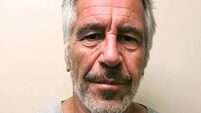Trump unbending in ignoring virus toll

President Donald Trump has barely acknowledged the spiralling death toll from the coronavirus in the country he is leading, as he focuses on lawsuits lodged in a futile battle to overturn his election defeat (Alex Brandon/AP)
President Donald Trump has been highlighting several really big numbers this week: New highs for the stock market. The 100-plus House members backing a lawsuit challenging his election loss. The nearly 75 million people who voted for him.
All the while, he has looked past other staggering and more consequential figures: The record numbers of coronavirus deaths, hospital admissions and new cases among the citizens of the nation he leads.














